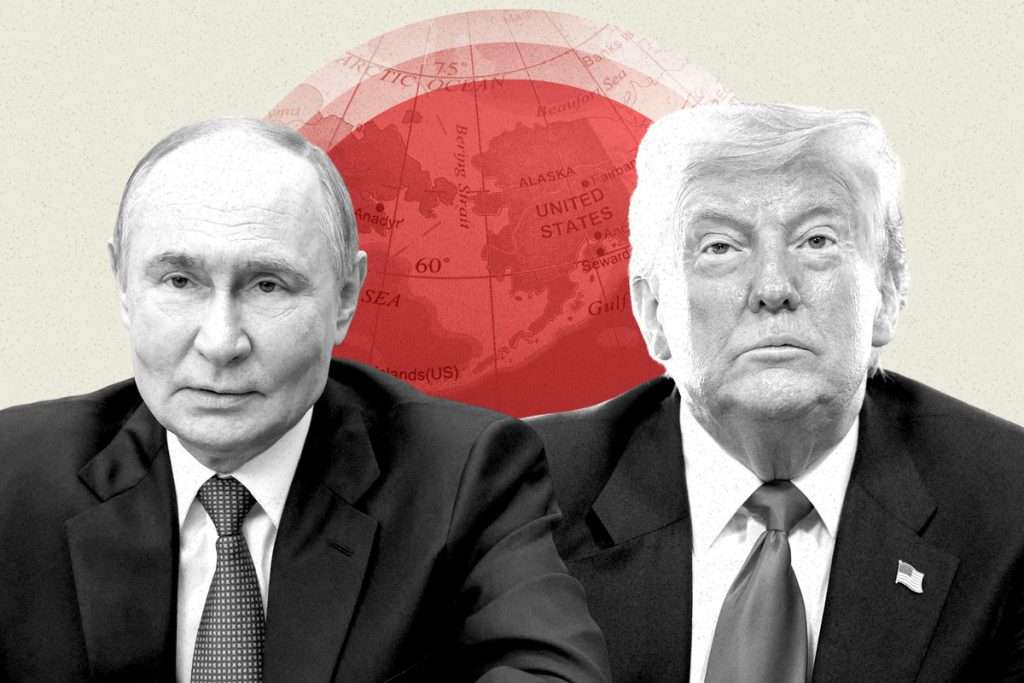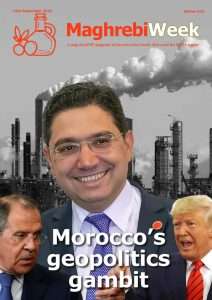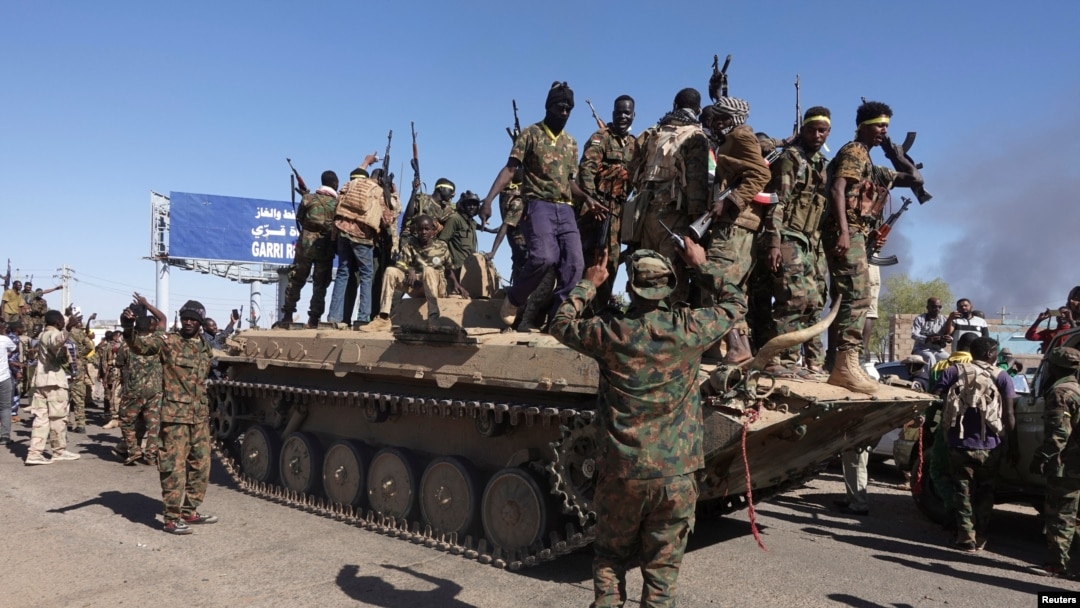Trump calls on NATO to ban Russian oil, threatens China tariffs

United States President Donald Trump declared on September 13 that the Russia-Ukraine war could be ended if NATO members stopped purchasing Russian oil and imposed tariffs of 50% to 100% on China for its imports of Russian petroleum, according to the Associated Press.
Posting on his social media, Trump argued NATO’s commitment to the war effort “has been far less than 100%” and described the ongoing purchase of Russian oil by alliance members as “shocking.” Addressing NATO directly, he wrote: “It greatly weakens your negotiating position, and bargaining power, over Russia.”
Data from the Centre for Research on Energy and Clean Air shows Turkey has been the third-largest buyer of Russian oil since 2023, trailing only China and India. Its reliance on Russian seaborne crude has surged from around 34% in 2023 to 70% in the first half of 2024. Hungary and Slovakia, along with other NATO states, continue purchasing Russian oil, underscoring persistent challenges in the alliance’s efforts to curb dependence on Moscow.
Trump’s comments leave open the possibility that he would confront Turkish President Recep Tayyip Erdoğan or Hungary’s Viktor Orbán, raising doubts about whether such threats would translate into tariffs or an outright ban.
His post followed an incident on September 11, when Russian drones entered Polish airspace, a serious escalation against a NATO state. Poland intercepted the drones, while Trump dismissed the move as a possible error, saying it “could have been a mistake.” Secretary of State Marco Rubio called the incursion “unacceptable and unfortunate and dangerous,” adding that NATO’s measured response was appropriate but that intent remained uncertain.
Despite campaigning on a pledge to end the war quickly, Trump has refrained from using the pressure points that could meaningfully influence the conflict, often steering clear of direct confrontation with Putin. Congress is now pressing him to back tougher sanctions after his recent meeting with Putin in Alaska failed to yield progress.

At a United Nations meeting held on September 12, acting U.S. Ambassador Dorothy Shea said America “will defend every inch of NATO territory,” warning that the drones over Poland “intentionally or otherwise show immense disrespect” for U.S. diplomacy.
Britain has taken parallel steps, targeting companies in China and Turkey with sanctions and prohibiting dozens of Russian oil vessels from operating.
Trump doubled down in his post, insisting tariffs would “also be of great help in ENDING this deadly, but RIDICULOUS, WAR.” He urged NATO members to impose 50% to 100% tariffs on China and lift them only if Russia ends its invasion. “China has a strong control, and even grip, over Russia,” he wrote, claiming steep tariffs “will break that grip.”
The Chinese Commerce Ministry reacted to Trump’s comments, opposing calls for G7 and NATO tariffs on its Russian oil purchases and urging the US to be “prudent in words and deeds.”
Trump has already imposed heavy import taxes, including a 50% tariff on India for its Russian energy purchases. Economists warn that extending this strategy to China could destabilise Western markets. Earlier this year, Trump raised tariffs on Chinese goods to 145%, triggering 125% retaliation from Beijing and nearly halting trade before both sides scaled back.
Associated Press, Maghrebi.org, Centre for Research on Energy and Clean Air, Reuters
Want to chase the pulse of North Africa?
Subscribe to receive our FREE weekly PDF magazine











